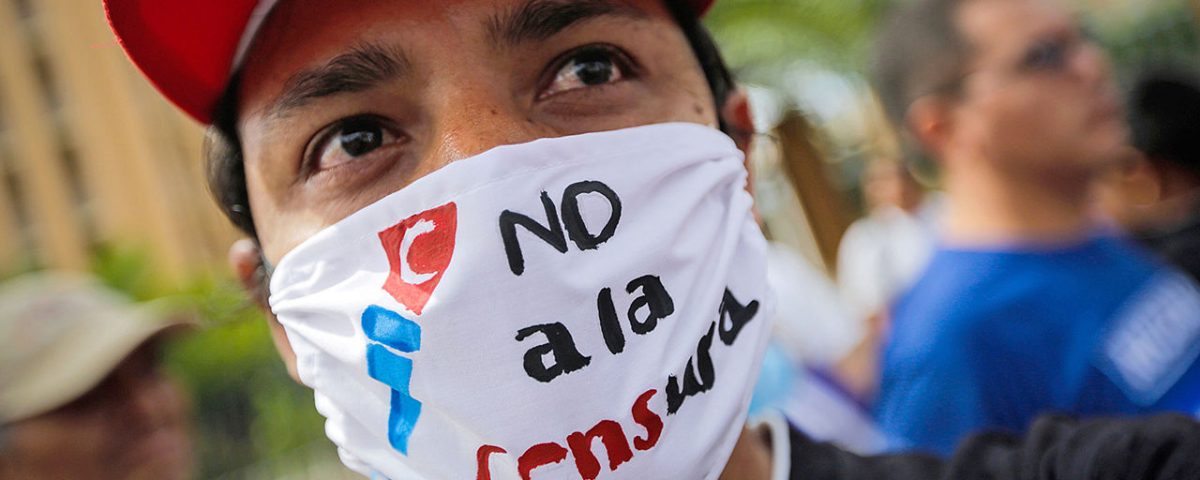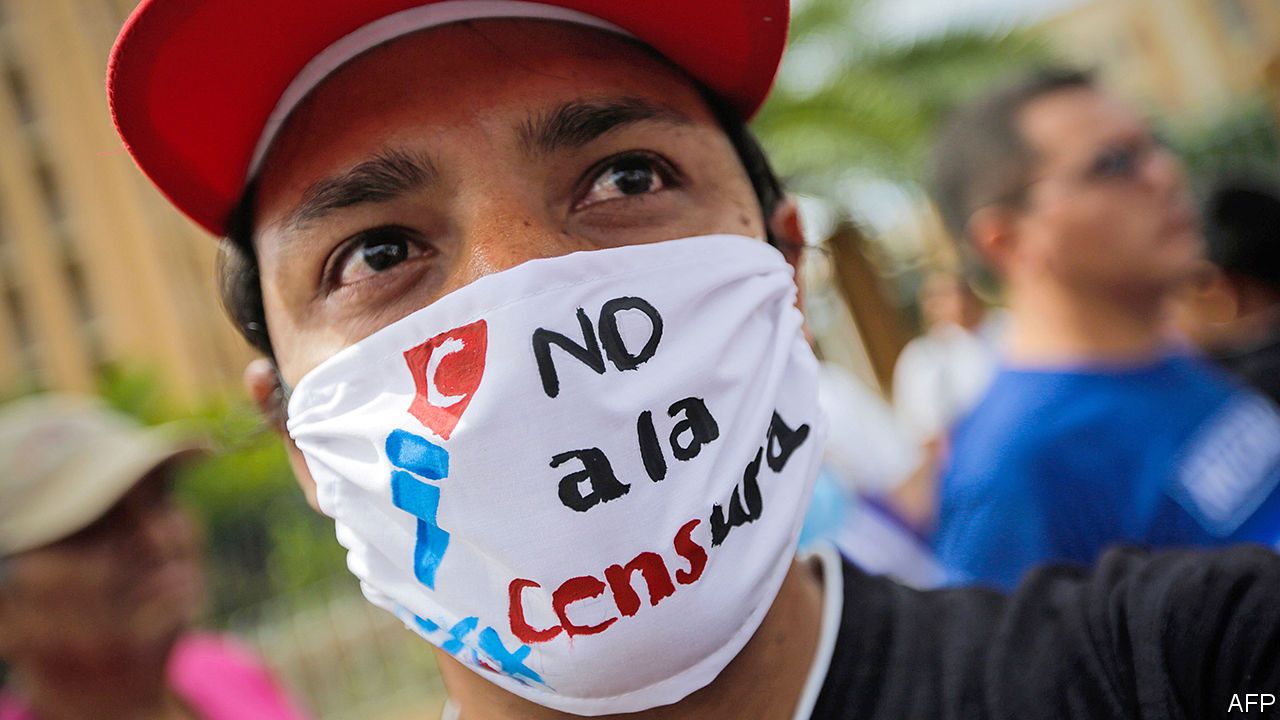DURING Nicaragua’s current unrest, the president, Daniel Ortega, tried a tactic that had worked before. In León, a stronghold of government support, thugs loyal to his Sandinista regime tried to put university students onto buses heading for Managua, the capital, to use them to help suppress protests there. The students refused. They had seen videos of police beating demonstrators and wanted no part of it. Their resistance, reported on independent news websites, inspired more protests.
After Mr Ortega was elected in 2006 he sold half of the state broadcasting channels, put his children in charge of the other half and let his wife (who is also his vice-president) drone on for 20 minutes a day on national television. But a proliferation of social-media pages are covering the protests, while more established outlets, like 100% Noticias, a TV news channel, have stopped censoring themselves. “People are no longer interested in news provided by the regime,” says Carlos Fernando…Continue reading
Americas





